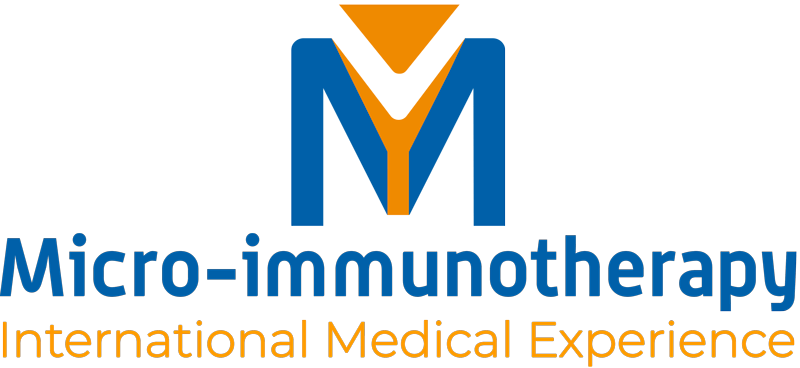Zinc is the most abundant trace metal in our body after iron. It is an extremely important part of protein structure, metabolic processes, DNA synthesis and RNA transcription. It is found both in free form and bound to proteins in a balance that depends on the body’s needs.
Zinc deficiency
Zinc deficiency compromises the immune system. For more than 50 years, scientific studies have shown lymphopenia and increased risk of infection in people with zinc deficiency.
In developing countries it is usually linked to poor nutrition; however, in developed countries it can be found in vegans or vegetarians without adequate supplementation, the elderly, patients with hepatic disorders, among others.
You can prevent deficiency with these 8 zinc-rich foods:

Importance of zinc at the immune level
This micronutrient can stabilise human cell membranes to prevent the entry of pathogens. In addition, it promotes the production of cytokines, B lymphocytes and antibodies, especially IgG (decreased in chronic infections and autoimmune disease). It also exerts direct antiviral defence as it prevents the action of enzymes necessary for viral replication.

Zinc has been shown to have an antiviral effect on various species of viruses such as:
Zinc supplementation
These scientific data shed light on the use of zinc supplements to strengthen the immune system for both prevention and treatment of disease. However, it should be kept in mind that large amounts of zinc can be dangerous as it is a toxic metal. To avoid this, it is necessary for the zinc transporter proteins to function properly. It is therefore recommended that supplementation always takes place under the advice and supervision of a health professional.
To sum up
Multiple publications in the scientific literature highlight the role of micronutrients such as zinc in optimising immune function and contributing to reducing the risk of infection. These approaches work well in synergy with treatments aimed at regulating the immune system, such as micro-immunotherapy.

- Gombart AF, Pierre A, Maggini S. A Review of Micronutrients and the Immune System-Working in Harmony to Reduce the Risk of Infection. Nutrients. 2020;12(1):236. Published 2020 Jan 16. doi:10.3390/nu12010236
- Kumar A, Kubota Y, Chernov M, Kasuya H. Potential role of zinc supplementation in prophylaxis and treatment of COVID-19. Med Hypotheses. 2020 Nov;144:109848. doi: 10.1016/j.mehy.2020.109848
- Read SA, Obeid S, Ahlenstiel C, Ahlenstiel G. The Role of Zinc in Antiviral Immunity. Adv Nutr. 2019 Jul 1;10(4):696-710. doi: 10.1093/advances/nmz013
- Román M., Alva A. Papel inmunomodulador y antioxidante del zinc y el selenio en el tratamiento coadyuvante de infecciones respiratorias graves. Revista de educación bioquimina (REB) 35 (1): 3-10, 2016
Are you a healthcare professional? Haven’t registered to our Professional Area yet?
If you are a doctor, a member of a specialist medical group or a therapist take this opportunity to request free and non-binding access to our professional area and enjoy additional content. Access to our online media library and access specialised content on micro-immunotherapy.
Discover more about micro-immunotherapy by contacting us at micro-immunotherapy@micro-immunotherapy.com
